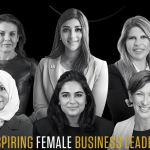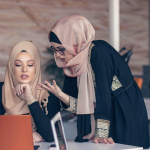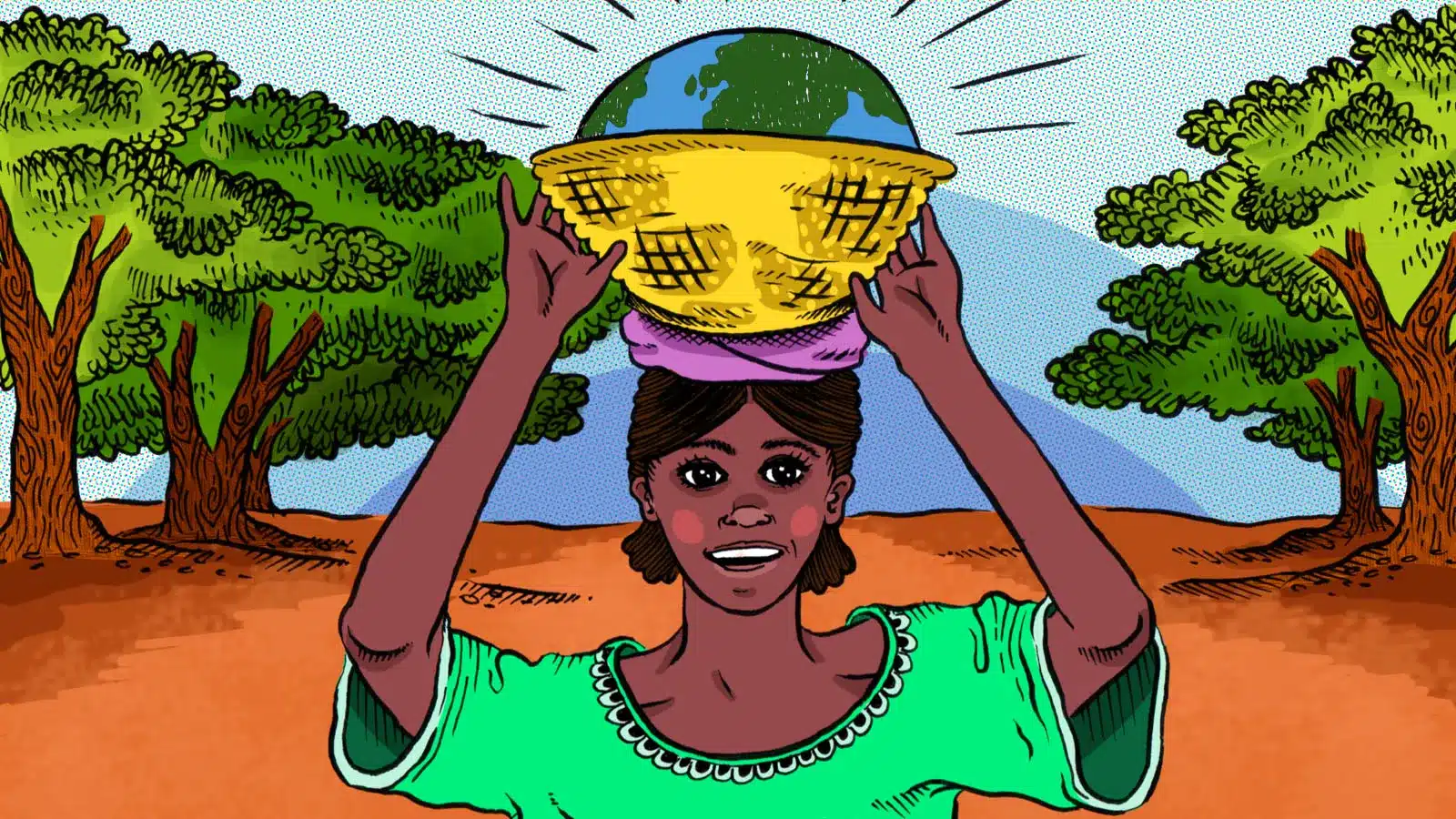[ad_1]
Women on the run, women with no voice and women with no choice! It’s been reported but not enough in the mainstream media or addressed adequately in high level meetings or in the right forums so here is that stark reminder.
Climate change is a global crisis that is disproportionately affecting women. 80 % of people displaced by climate disasters are women, as reported by the United Nations.
With recent flooding in Greece and Libya has come death and destruction. The climate change induced floods in both countries led to rainfall of unprecented levels as reported in the media. In Libya heavy rains led to two dams bursting in Derna, Northeastern Libya, resulting in biblical flooding and at least 5,000 deaths.
With these current events unfolding we must remember that women are more likely to be poor, live in rural areas, and have less access to resources than men, especially in the developing world.
This makes women more vulnerable to the impacts of climate change, such as rising sea levels, extreme weather events and food insecurity. Women are often left behind in villages and towns as men leave in search of jobs and an income to support their families. As a seasoned humanitarian, these were the type of situations confined in the Global South which are now slowly but surely creeping into the rest of the world as the devastating impact of climate change takes its toll with freak flooding and ferocious fires wiping out livelihoods and lives.
And so women are more likely to be climate migrants than men – they face danger and challenges along the way. They may be separated from their families, forced to leave their homes and businesses and face abuse, violence and discrimination on route or in their new communities.
At the end of 2020, there were globally 82.4 million forcibly displaced persons in 2021 and this number had increased further in the situation of mass displacements which had taken place in Afghanistan and elsewhere, according to the UN. Particular attention is being placed between linked and modern forms of slavery. In fact 70 per cent of slavery victims around the world were girls and women.
For this reason placing importance and reinforcing the role of women in climate adaptation and resilience is key. Women are often the primary caregivers for children and the elderly, and they are responsible for growing food and providing water. Still, they often lack the resources and support they need to adapt to the changing climate. While there are some great initiatives available, it’s too little and too slow. We also need to invest in climate mitigation, so that we can prevent the worst impacts of climate change from happening in the first place.
The African continent relies on agriculture more than any other continent in the world. African countries rely on the agriculture sector for employment. Around 75% of the African population are employed in agriculture (UN). More than 30% of national incomes in Africa come from agribusiness, agroindustries, employment in the sector and the large export revenues from the industry (UN).
We need to accelerate to address the gendered impacts of climate change head on to avert even further disaster. We need to ensure that women have access to the resources they need to adapt to climate change, and we need to protect their rights as climate migrants and fulfill our humanitarian obligations to keep them safe.
During my recent work on climate change education through our ARTconnects creative learning program, the women and communities we supported in some 15 countries across The Commonwealth through our Migration Blanket film project have witnessed the power of climate education in making them better prepared for their future in a highly uncertain future. They learned that it is not just ’an act of God’ and that they too need to take control of their own destiny and educate others about their plight to galvanise action. Many were in shock when they learned about the scale of emissions from the west destroying the worlds ecosystems and destroying their livelihoods. Making them more determined to take whatever action they can to protect their communities from climate change.
And while having solutions is important – what use are they if the masses who are currently most at risk are not aware of what the problem is and why it is happening?
Giving women access to climate education and training so that they can be empowered to adapt to climate change is essential as well as investing in infrastructure that supports women’s economic empowerment, such as childcare and healthcare facilities. Women own less than 20 percent of the world’s land which leaves the prospect of them being displaced for longer even higher. Gender equality in climate decision-making is the way forward, introducing a quota would help in balancing this out so that we can build a more just and equitable future for all.
With extreme weather hitting all parts of the world in 2023 and scientists delivering stark warnings on climate disasters awaiting us, the waves of migration have already begun and it is crucial for the global economy and security that we find and support ways to integrate climate migrants into their new communities to relieve pressure on resources.
Integration is not just about providing refugees and other climate migrants with basic necessities like food, shelter, and healthcare. It is also about helping them to find jobs, learning the language, and participating in civic life. When done well, integration can be a win-win for migrants and host communities, bolster national security and help business prosper. Done badly and you will see tensions and hate rising in communities.
Climate migrants bring with them a wealth of skills and talents that can benefit their new communities. They are often hard-working and resilient and they are eager to contribute to their new homes. By integrating them into our communities, we can help them to rebuild their lives and make a positive contribution to society.
Of course, integration is not always easy. There are often cultural and language barriers to overcome, and refugees and other climate migrants may face discrimination. However, with the right support, it is possible to create welcoming and inclusive communities where everyone can thrive.
Governments can provide financial assistance to climate migrants and they can also invest in longterm programmes that help them to learn the language and find jobs. Businesses must create opportunities for climate migrants to work, providing training and support. Civil society organisations can play a vital role in promoting integration by providing refugees and other climate migrants with access to education, healthcare, and other essential services.
Climate migration is a complex challenge, but it is one that we cannot afford to ignore. By working together, we can create a more just and equitable world where everyone has the opportunity to thrive, regardless of who they are or where they come from.
About the Author: Salma Zulfiqar is the Director of ARTconnects and a highly acclaimed multi-award winning filmmaker and journalist whose work has changed the lives of vulnerable and marginalized people.In 2023, Salma Zulfiqar was honoured with The British Empire Medal (BEM) in King Charles III Birthday Honors List for services to The Arts and Education as well as the prestigious British Citizen Award, dubbed the ‘People’s Honour Award’. In 2020 she was appointed a UNESCO affiliate Artist and in 2021 ARTconnects (www.artconnects.co.uk) was awarded The U.K Prime Minister’s Points of Light for exceptional service
[ad_2]













